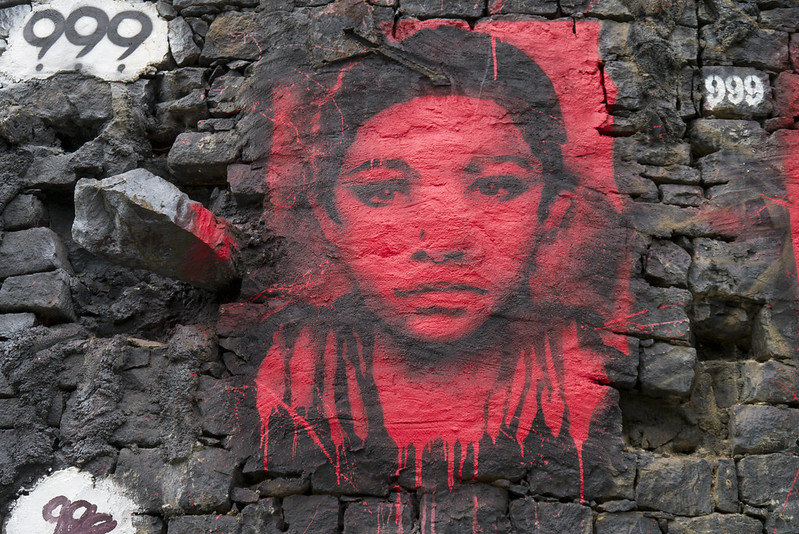An armed 44-year-old radical jihadist British citizen named Malik Faisal Akram took several hostages at Congregation Beth Israel in Colleyville, Texas, Saturday, January 15. In his final phone call, Akram stated that he would free the individuals in exchange for the release of Aafia Siddiqui, a jailed 86 year old Al-Qaeda operative famously known as “Lady Al-Qaeda” who tried to kill U.S. personnel in Afghanistan. While everyone should be glad that the federal authorities neutralized Akram and saved the hostages, ordinary individuals, governments like the U.S., and the Jewish communities both in the U.S. and abroad must learn from this event to mitigate crises like this in the future.
The attacks on the Jewish community in the U.S. and even abroad are nothing new in world history. The 1994 bombings against the Jewish community in Argentina orchestrated by Iranian government officials and the 2018 Pittsburgh synagogue shooting in the U.S. from a white supremacist are just two of many examples where Jewish people have been injured and killed time and time again as a result of governments’ lack of preparedness.
While steps have been taken by the Jewish communities in the U.S. and abroad to prepare for situations like the Colleyville, state, local, and federal governments have a role in making sure that antisemitic attackers have no incentives to carry out their actions.
People must understand that while radical Islamist individuals and groups have their sectarian divisions, at the end of the day, one of the subjects that unite them is threatening and killing Jewish people. Malik Akram tried to free a member of Al Qaeda, a terrorist organization containing its own goals and differences from other known terrorist organizations. However, his actions against members of the U.S. Jewish community and his raging antisemitic speech unites all of these groups behind a common cause.
A lesson that the U.S. government can learn from the Colleyville Synagogue Hostage Crisis is that execution(NOT incarceration) is the best solution for radical jihadists like Aafia Siddiqui and preventing hostage crises against synagogues in the future.
The hostage crisis in Colleyville is not that different from the 1976 Air France hijacking and hostage crisis orchestrated by the PFLP, who demanded the freedom of terrorist individuals in Israeli prisons. If the Israeli government executed their terrorist prisoners instead of incarcerating them, the PFLP wouldn’t have any incentive to hijack and take hostages from Air France. Similarly, had the U.S. government sentenced Aafia Siddiqui to death instead of incarcerating her, this would have eliminated Malik Faisal Akram’s incentive to carry out his hostage-taking in Colleyville.
A lesson that the U.S. Jewish community can learn from this tragic event is that security and defense are vital to prevent such actions from occurring in the future.
If it wasn’t for hostages like Jeffery Cohen, and his instinct and defense training, the authorities would not have been notified of the hostage situation. Antisemitic incidents like Colleyville are a wakeup call for the U.S. Jewish community and government to be vigilant and defend itself from threats inside and outside of the United States.
Jewish synagogues in Southern California are 100% correct in enrolling in security training after the Texas hostage-taking. Likewise, state and local governments should increase police protection for Jewish synagogues, restaurants, schools, supermarkets, and other places to prevent future threats and attacks from occurring. In recent months Jewish spaces have acquired more and more private security and should continue this practice to prevent what happened on January 15.
As long as people threaten to attack the Jewish community in the United States, governments must prevent radical antisemitic terrorists from having any incentive to carry out attacks. Training services, private security, and law enforcement must be readily available to the Jewish community at all times or there will be more situations like the Colleyville Synagogue Hostage Crisis and not less.
“The views expressed in this post reflect the views of the author(s) and not UCLA or ASUCLA Communications Board.”

